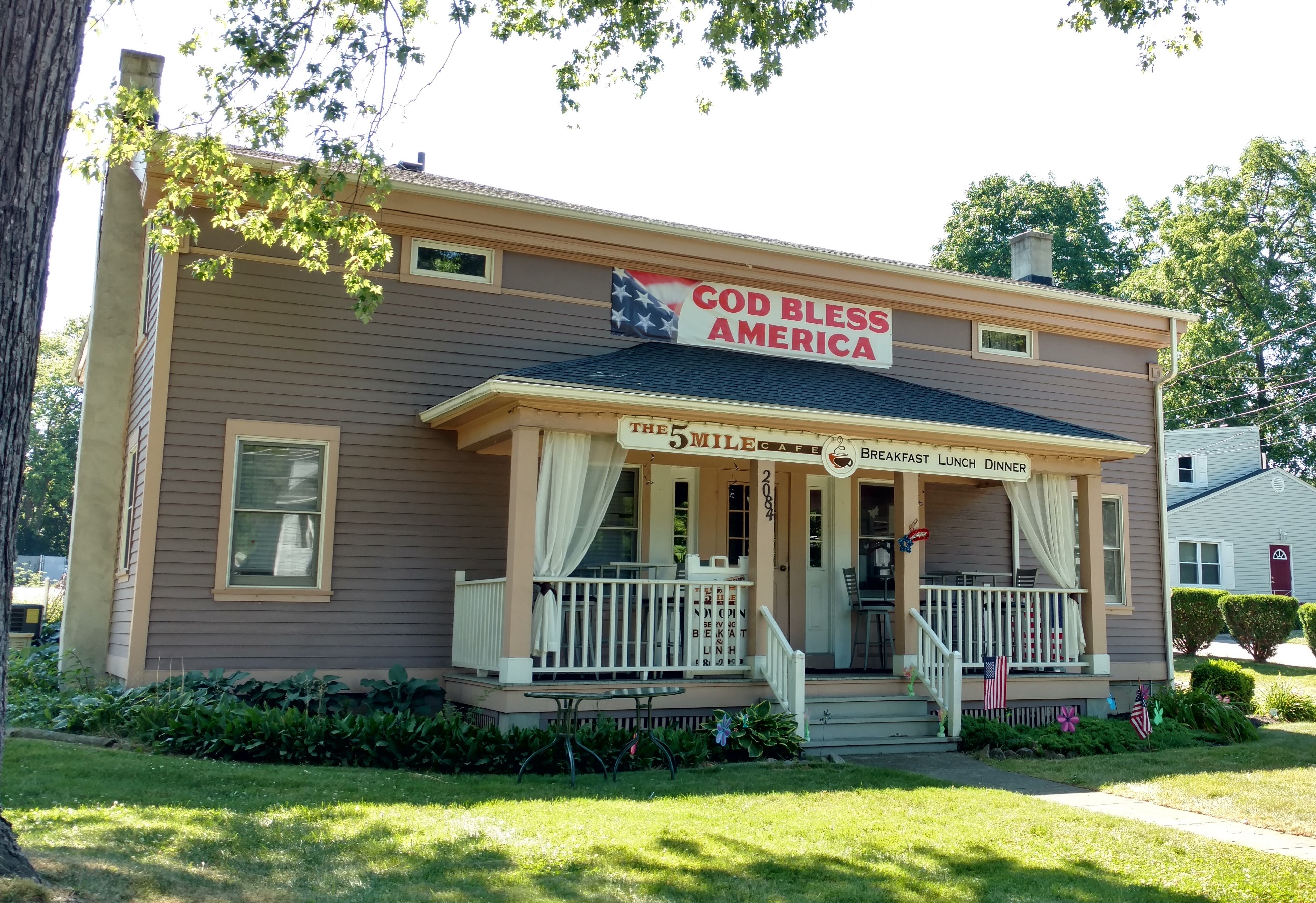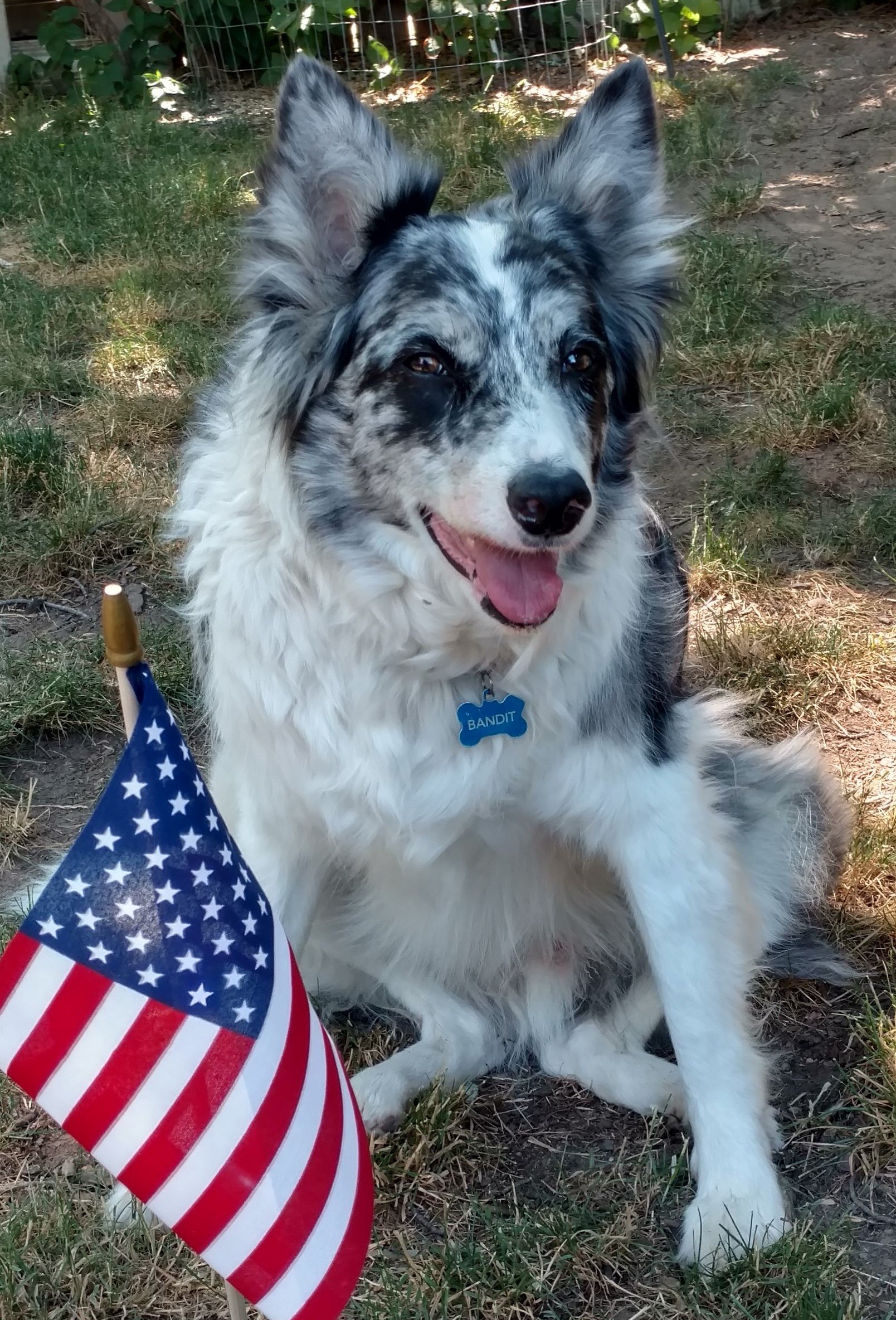2/4/12 ** PLEASE MAKE SURE YOU READ THIS UPDATE: What you can do about animal cruelty in your community (whether you live in Gorham or not)
* * * * * * * *
When I posted this week about the plans for a large scale wholesale dog breeding facility in Gorham, NY, I had no idea it would spark the flame it has. I’m sure there are lots of other bloggers covering the story, but readers here at Heavenly Creatures have brought up some interesting points:
The term “puppy mill” is a super charged phrase. A reader named Doug Williams wrote:
“u have already slandered these people in your article by calling their other facility a ‘puppy mill’. Do you have proof of that assertion. What is a ‘puppy mill’?”
Being the idiot that I am – something readers have reminded me of many times – I didn’t realize that a puppy mill isn’t always a puppy mill. In fact, there’s not really a definition of puppy mill that can be used unilateraly. So I asked a few experts for their thoughts on whether a facility like the one proposed in Gorham would still be considered a puppy mill, even if conditions were state of the art:
Melanie Kahn, who is the Senior Director for the Puppy Mills Campaign for the Humane Society of the United States, tells me:
“The HSUS puppy mills campaign defines a puppy mill as an inhumane, commercial breeding facility. So in answer to your question, I would say that even if the dogs are being housed in a beautiful facility, if they are being treated inhumanely (e.g. not receiving veterinary care, not being able to run, are forced to breed until their fertility wanes) then yes, I would still call this facility a puppy mill.”
Mary Anne Kowalski, with the Seneca County SPCA, hates the term “puppy mill”. “There is no generally accepted definition – although everyone thinks they know one when they see one,” she says, adding:
“Use of this term allows the breeders and the pet industry to argue over that rather than deal with the issues. And because there is no definition, it makes many of the suggested solutions in the legislature meaningless. You can’t ban ‘puppy mills’ if everyone has a different definition of them.”
She would “prefer a law includes the entire companion animal industry and clear definitions based on activities performed, not on our judgments of them.”
So from now on, when I refer specifically to the Martin’s facility, I’ll call it a wholesale commerical dog breeding facility. It’s actually what it was called by Mr. Martin in the board meeting minutes. (Although, if I can be honest, a “wholesale commercial dog breeding facility” sounds a lot more horrific to me than “puppy mill.”)
Not everyone regards animals the same way. One reader named Debbie asked:
“If the board had denied the application based simply on emotions, then what’s to stop a horse farm, dairy farm, beef cattle operation from being denied as well?”
That’s a great question, if you consider dogs as livestock. But most Americans don’t – they consider dogs a companion animals, and have a problem with the wholesale commercial production of puppies. So, right or wrong, there are going to be emotions involved.
Plus, Mary Anne notes that “dogs and puppies are NOT livestock under the Agriculture and Markets Law” and as such are not regulated by farming or agriculture laws. So the emotions are not necessarily misplaced.
The Amish have a bad rap when it comes to puppy mills. It’s been noted over and over again that the Martins are Mennonites, and while I don’t think it’s fair to single anyone out by faith alone, I do want to just note why their religious affiliation is a red flag for animal welfare groups. Deborah Howard, President of Companion Animal Protection Society tells me, “The Amish consider dogs to be livestock more so than the other puppy mill breeders and brokers. They don’t like to be government regulated either, so some unlicensed facilities are selling to brokers who sell to pet shops.” She goes on to say:
“Puppy mills are in every Midwest state, Pennsylvania and New York. We’ve investigated many puppy mills in Pennsylvania, Ohio and Indiana, which have large concentrations of Amish and Mennonite-owned mills. We’ve also come across Amish and Mennonite-owned facilities in Missouri, Iowa, Illinois and Michigan. Most of these puppy mills had serious violations. The worst Amish mills are were in Holmes County, Ohio.”
At the last state inspection of the Martin’s Seneca County facility, Mary Anne tells me there were 46 dogs with expired rabies certificates and 50 missing rabies certificates, which the report says the “pet dealer claims the vet did not vaccinate.”
If dogs are going to be treated like a commercial product, then they need to be regarded like other products that hold the manufacturer accountable for defects or problems. A reader named AJ brings up a great idea, suggesting that:
“every puppy sold would be required to be microchipped. the microchip # would follow the dog’s license whenever sold (kind of like your car’s registration #).”
One problem with fighting puppy mills or irresponsible large scale facilities is that once the puppy leaves the breeder it’s not always possible to track back to the breeder. If you argue that a dog is a product that can be mass produced, like a toaster, for example, then there needs to be a way to track back to the facility that produced the dog – just like a toaster has a UPC code and identifying serial numbers. For a dog, that would be a microchip. That would definitely help keep large scale breeders accountable for the products they produce. It would also allow for a better way to track genetic problems.
People get crazy when they get emotional. I honestly didn’t expect such a large – or heated – response. A lot of readers were ready to get the pitchforks and picket signs. I think it’s good to feel passion for something but it’s also important not to go off half-cocked. An honest discussion that allows people to hear both sides of an issue goes a lot farther than, “Let’s protest!” There are a lot of ways to share your thoughts – but remember that there is a legal process that a business like the Martins propose must go through, and a legal process the Gorham town board uses to approve or deny business applications. If there is a legitimate problem with the Martin’s proposed large, wholesale, commercial dog breeding facility, there’s a proper way to address the concerns.
It’s too late … but it’s not too late. If in fact there are legitimate concerns about a large, wholesale, commercial breeding facility in Gorham, NY – and I think there are – then it’s too late to do anything about them. Well, some of them. The Gorham town board issued the special use permit and that’s a done deal. According to one of my sources, they didn’t have a reason to deny the permit other than for animal welfare issues, and at that point, there weren’t any. (update: Any they knew of anyway; see why it’s important to be involved or at least informed about your local government?)
My source did say that the Martins still need to get approval from the NY State Dept. of Health and the NY State DEC before the town can issue the actual building permit. She also said that after speaking with representatives from the town that she had the sense these concerns are being taken seriously. So if you want to voice your opinion, here are some ways to do that.
Reader Heather was inspired to start a petition. She read the story and just felt like she had to act, so she went to Change.org and started a petition and has almost reached her goal in a day. So signing the petition is one way to help voice your concerns. You can sign the petition here. (Update: Heather told me that every time she reaches a goal the petition automatically ups the goal – she keep passing in on!)
It’s also important to contact the town officials in Gorham and share your thoughts – remember, be polite, be respectful, be calm and be specific. Just emailing over and over “Stop puppy mills!!” isn’t going to get anyone anywhere (and it makes you sound cuckoo):
Gorham Town Offices
PO Box 224
4736 South St.
Gorham, NY 14461
Town Supervisor: Fred Lightfoote
585-526-5231
[email protected]
Town Council Members:
Doug Negley 585-554-6785
William Glitch 585-526-5181
Allyson Adam-Anderson 585-526-5868
This contact information was shared by reader Jade:
Gorham Planning Board:
Thomas Harvey, Chair 526-6058
Neil Atkins 396-9973
Lizabeth Watkins
Robert Farmer 394-1584
Dale Frankish 554-6823
Andrew Hoover 554-3818
George McCadden 554-3947
Dewey Fladd, Alternate 554-3001
Jack Dailey, Alternate 394-7347
And then what happens? I confess that I’m curious about what happens to the passion and outrage when this facility is yesterday’s news. Will the people in an uproar continue to pursue the issues of puppy mills or inhumane treatment of breeding dogs? Because there is a very real problem with unsanitary, inhumane dog breeding facilities of all sizes, all across the country.
And what about other animals? Why do we get worked up over dogs but not pigs or cows, who are raised commercially in conditions similar to puppy mills? Is it a cultural belief? What is it that allows us to protest a puppy mill while enjoying a BLT with bacon from a CAFO pig? How many people active in dog rescue also carry that passion to food animal welfare? Please understand that I’m not criticizing; it’s only been in the last few years I’ve really started to consider the health and welfare of the animals I eat – and how their health and welfare affect my health and welfare. So I’m curious to hear how the concern over companion animals does or doesn’t carry over to farm food animals and why we feel so differently about different animals.
UPDATE: I just wanted to add that it’s not my intention to make a blanket statement that all commercial dog breeders are puppy mills or in any way malign anyone. So if you’re a commercial dog breeder and proud of your facility, I’d love to come and visit and report back in order to share your side of the story. This is America, and people are allowed to run businesses legally. If you think the large dog breeder has been misrepresented, I honestly would be happy to share your side of the story.
RELATED POSTS:
- The Humane Society of the United States forms new dog Breeders Advisory and Resource Council
- What you can do about animal cruelty in your community (whether you live in Gorham or not)
- Are pet adoption rules too restrictive? And is a pet store your only other option?
- Large “wholesale” dog breeding facility (puppy mill) approved for Gorham, NY
- Friday food for thought quote: our varying attitudes towards animals, from James Serpell











